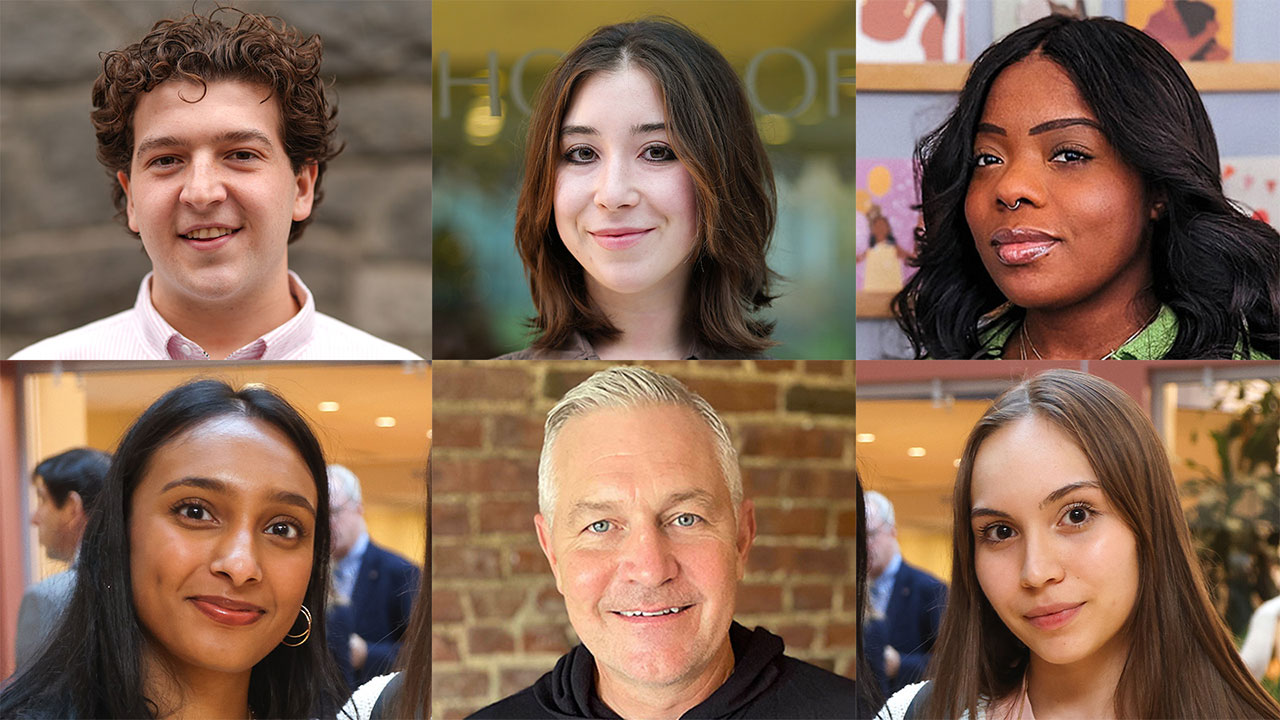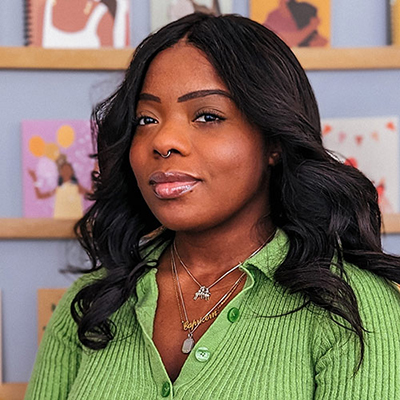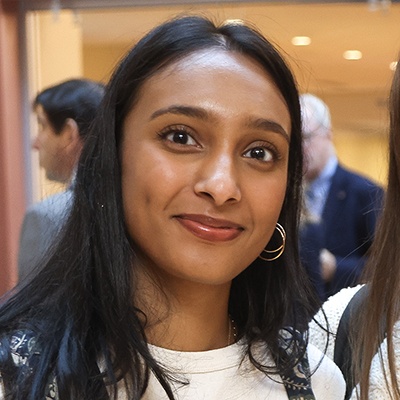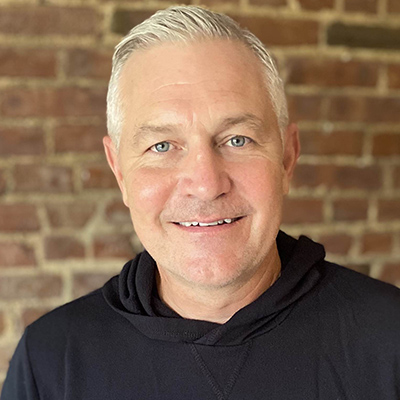
Who makes the products you buy, and how are those workers treated throughout the supply chain? How do the items you purchase at the grocery store help or harm the environment? And is it possible for businesses to stay profitable while also having a positive impact on people and the planet?
It’s questions like these that students, instructors, and industry leaders are asking every day at the Responsible Business Center at Fordham’s Gabelli School of Business. Each year, the center hosts its Good Business Conference to explore the opportunities and challenges of creating positive change through business. This year’s panelists and attendees discussed what responsible business means to them and shared their visions for creating a more ethical, sustainable economy. (Related story: Responsible Business Speak: 7 Terms to Know)
The New Normal

According to Julia Mancini, a senior at the Gabelli School, responsible business is no longer a niche interest area but the new normal.
“I believe that responsible business is just business at this point,” said Mancini. “Now that we're seeing the consequences of so many years of ‘irresponsible’ business, I think everyone is stepping up to the responsibility they've always had … towards society and the environment.”
Mancini shared that she hopes to contribute to this shift in her own career.
“While there are so many problems in the world, there is so much potential for impact,” she said.
Minimizing Harm

For SaVonne Anderson, a 2017 Fordham graduate and the CEO of AYA Paper Co., which creates sustainably produced, ethnically diverse greeting cards, responsible business means protecting the planet and the people involved in delivering your product or service.
“For us to consume something, that means something was sacrificed,” she said. “Doing good in my business looks like minimizing any negative impact when producing items and also thinking about the labor that went into creating this product. How can we make sure we are improving the livelihood of those people?”
Taking a Longer View

Junior Dante Ayars said practicing business responsibly means focusing on long-term impacts rather than short-term profits.
"Analyzing impact and earnings on a quarterly basis is a truly backward process of measuring progress. Businesses must think beyond the next quarter to look at their impact throughout the next generation,” said Ayars, an Ignite Scholar at the Gabelli School. “Corporate responsibility can't just be about offsetting damage—it needs to prevent it in the first place."
Prioritizing People and the Planet

For sophomore Shania Deokarran, who is studying finance at the Gabelli School, responsible business is all about relationships.
“It’s about supporting the people you work with,” she said. “Having a good community around you makes you motivated to work, and it makes you feel happy in what you're doing so that you want to keep doing it.”

Gabelli School sophomore Valeria Castro added that caring for others also means caring for the planet.
“I would say it also means following sustainable practices. I think if every business cooperated to solve global warming, that would benefit society in general,” she said.
Leading with Empathy

For Greg Van Kirk, founder of Collaborative Changemaking Labs, responsible business is always rooted in empathy.
“In business, we know we've got to understand our customers. And that all comes from empathy,” said Van Kirk, principal designer of the MicroConsignment Model, which helps people in developing countries establish profitable businesses. “It’s the same thing for the people we’re trying to help. We start with hopes and dreams, aspirations and strengths, then we're able to empower people to create change in the long run.”